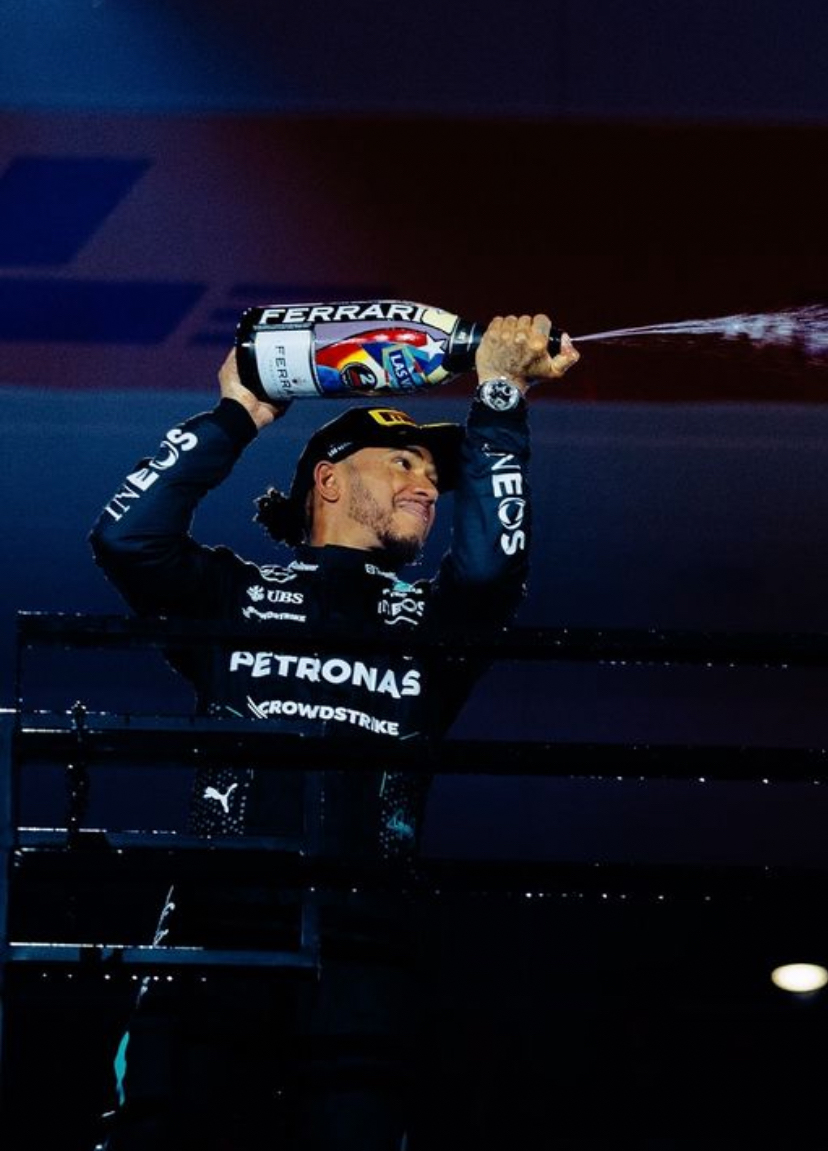Are Formula 1 Drivers Allowed to Smoke? Exploring Smoking in the World of F1 Racing

Formula 1 World Champions: A legacy of racing legends
Are F1 drivers allowed to smoke?
Are Formula 1 Drivers Allowed to Smoke?
Explore whether Formula 1 drivers are allowed to smoke. Learn about the influence of team policies, fitness, and public image on F1 drivers' habits.
In the high-performance world of Formula 1 (F1), smoking is a topic that often sparks curiosity. While there are no explicit rules prohibiting F1 drivers from smoking, the practice is generally discouraged. Team policies, the focus on peak fitness, and the need to maintain a positive public image all contribute to a shift away from smoking among modern F1 drivers.
Historical Context: F1 Drivers and Smoking
In the past, smoking among Formula 1 drivers was more common, and several notable figures were known to indulge in the habit. Legends like seven-time world champion Michael Schumacher, Kimi Räikkönen, and Nico Rosberg were often seen smoking cigars or cigarettes. Michael Schumacher, for instance, was a well-known cigar enthusiast, while Kimi Räikkönen was recognized as a social smoker.
The Shift Towards Healthier Lifestyles in F1
In recent years, there has been a noticeable shift in the F1 community towards healthier lifestyles. The demands of modern F1 racing require drivers to be in peak physical condition. With rigorous fitness regimes, drivers need to maintain high levels of stamina, cardiovascular health, and mental focus, all of which are hindered by smoking. This shift in priorities has led to fewer drivers smoking compared to the past.
Furthermore, the image and reputation of both drivers and teams play a crucial role in this change. Many F1 teams have sponsorships with brands focused on health, wellness, and performance, making smoking less desirable both for the drivers and the teams. Maintaining a fit and professional image is vital in a sport that is closely watched by millions around the world.
FIA Regulations and Team Policies on Smoking
Although the Fédération Internationale de l'Automobile (FIA), the governing body of Formula 1, does not have specific regulations banning smoking, individual F1 teams may enforce their internal policies regarding the habit. These team policies often discourage smoking, aligning with the sport’s focus on fitness and overall performance.
Additionally, safety concerns extend beyond the track. For example, during F1 events, drivers have asked fans to refrain from using smoke flares for safety reasons. This shows the sport's awareness of how smoke and poor air quality can affect visibility and safety, further underscoring the importance of maintaining clean and healthy conditions in the environment surrounding a race.
Conclusion: The Decline of Smoking in Formula 1
While Formula 1 drivers are not officially banned from smoking by the FIA, a combination of health concerns, team policies, and the emphasis on public image has made smoking increasingly rare among drivers. The sport’s focus on fitness, along with the professionalism required at the highest levels, has contributed to a cultural shift away from smoking in F1 racing.
As Formula 1 continues to evolve with modern fitness standards and greater public scrutiny, it is clear that smoking is becoming less common among the sport’s elite drivers, making it an anomaly rather than the norm.
Up Next



